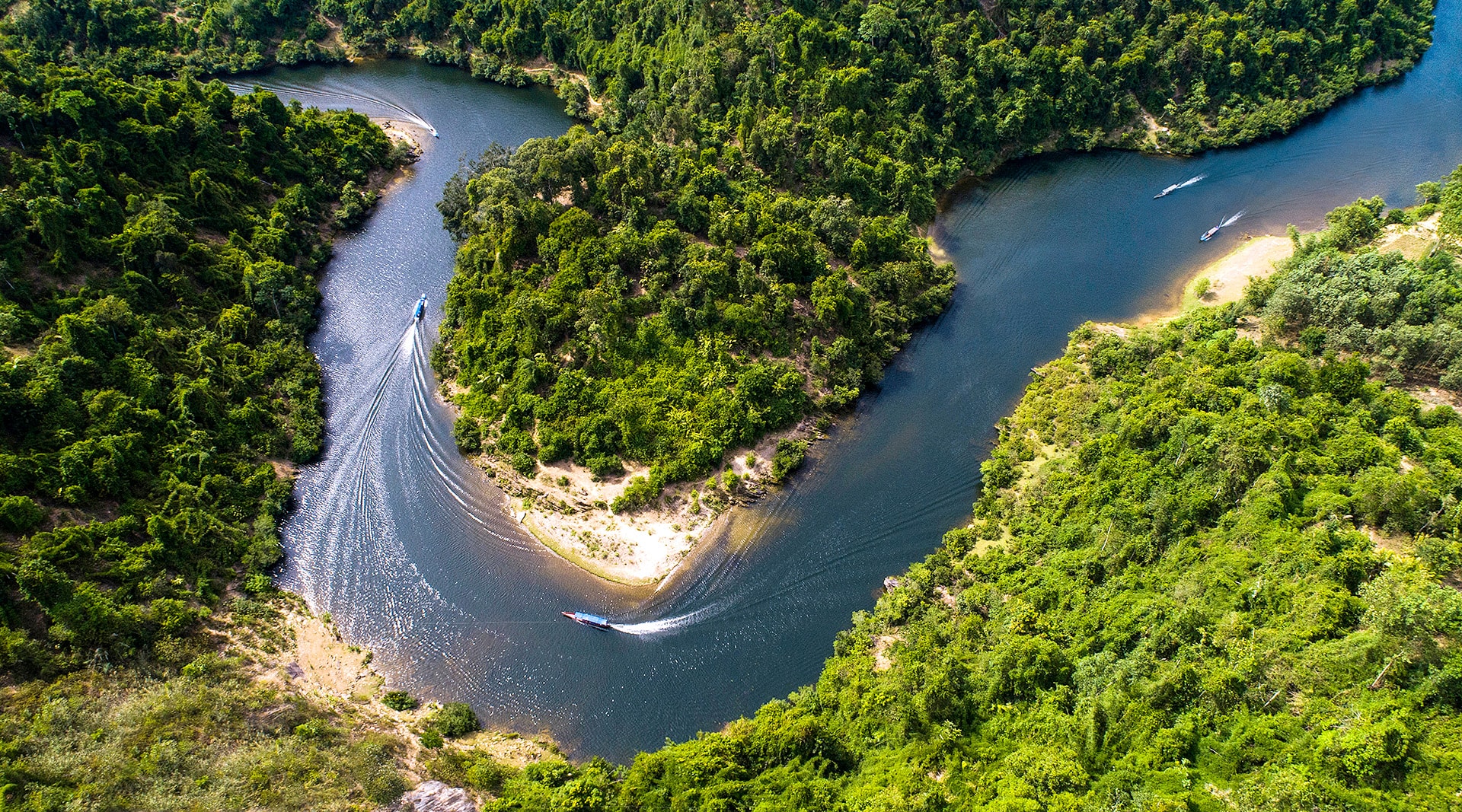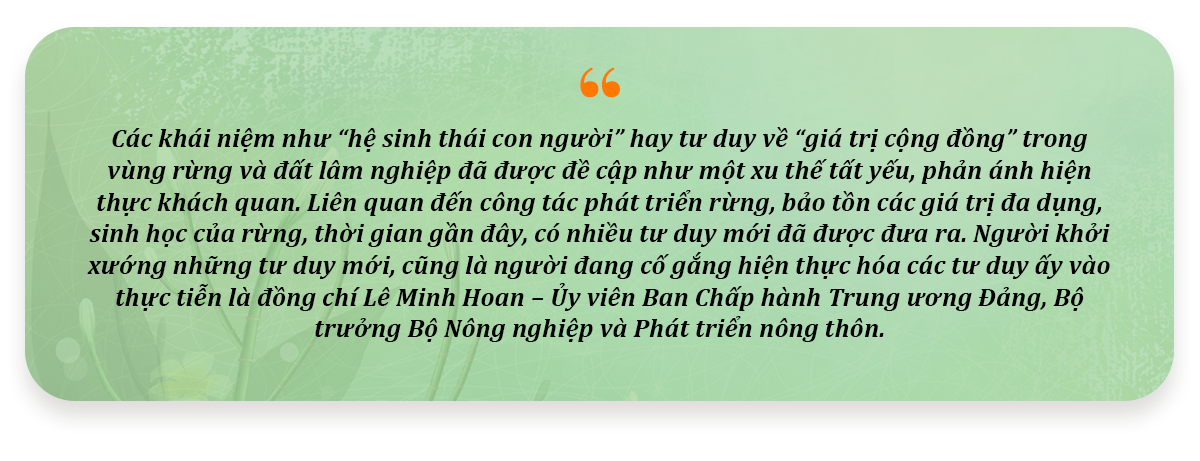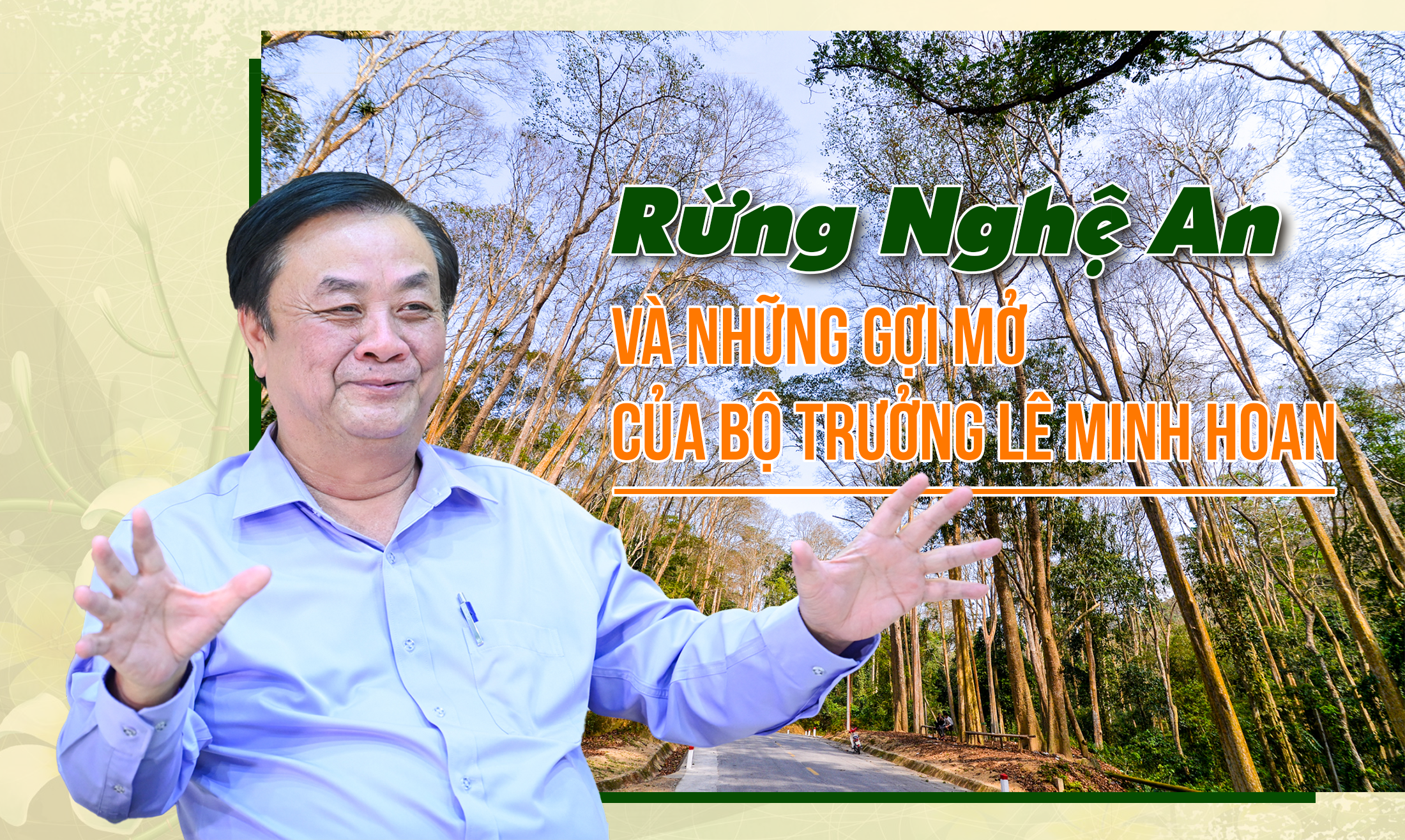


According to the head of Vietnam's agriculture sector, in the world, people see forests through values. And every time forests are lost due to localities using forests for other purposes, such as reducing the area to convert to industrial, urban, and infrastructure purposes, we have to make trade-offs. Any change or conversion of forest purposes is a trade-off. Trade-offs can be profitable, can be losses, can be equal in price, can be seen in the short term, but in the long term, there will be consequences. If in agriculture, we shift from agricultural production thinking to agricultural economic thinking, single-value growth to multi-value integrated growth. Forestry is the same, we must shift from forestry with production thinking to economic value forestry, integrating multi-values under the forest canopy.
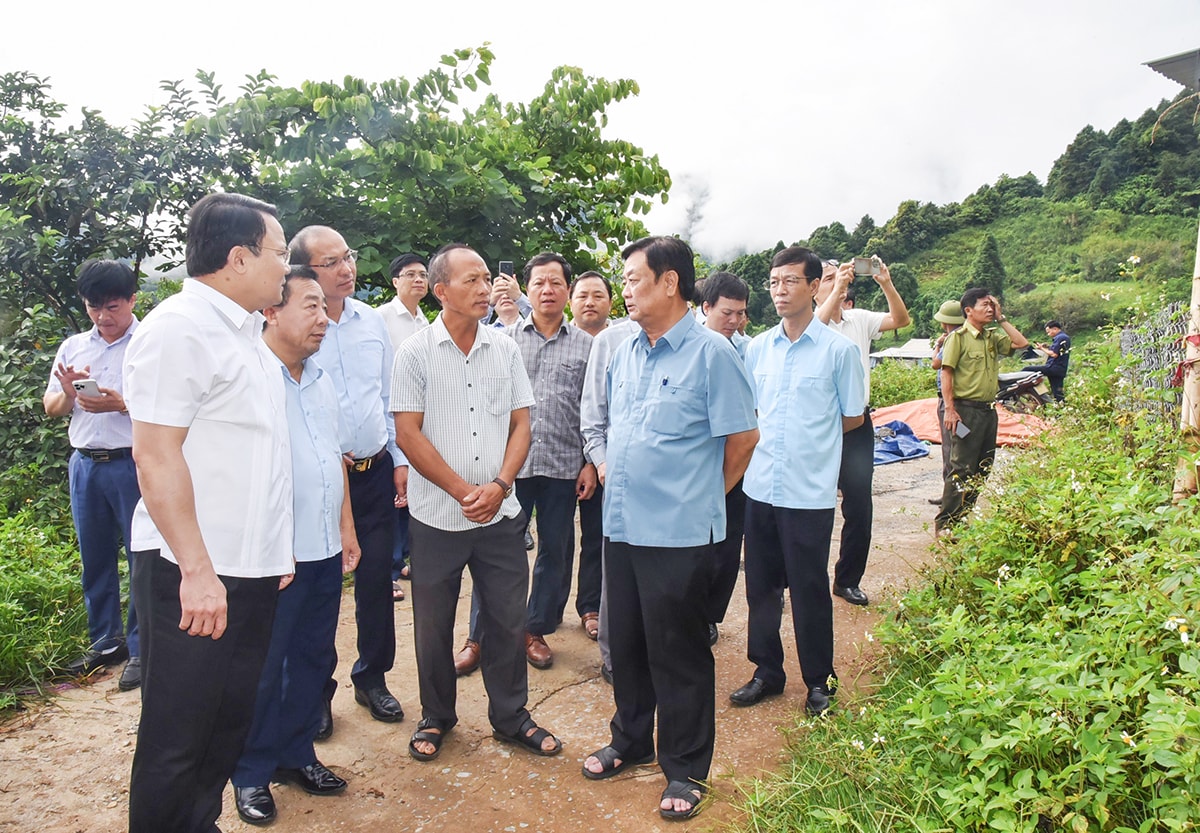

Regarding the issue of policies and regimes for forest rangers and people participating in forest protection, Minister Le Minh Hoan said that the lives of forest rangers and forest protection officers are still very difficult and their incomes are low. This reality also creates many frustrations for forest rangers, forest protection and development workers. However, according to Minister Le Minh Hoan, what is needed now is “we should shift from the mindset of hiring people to protect the forest, to the mindset of the State supporting the creation of livelihoods and jobs under the forest canopy. People who find income there will be responsible for protecting the forest. Because it is easy to understand, people see that without the forest, there will be no livelihood under the forest canopy. If we want to have a livelihood, we must join hands to protect the forest, then we will be successful. That means shifting from the mindset of hiring to the mindset of people doing business together under the forest canopy, becoming a community doing business under the forest canopy. We do not have to do hunger eradication and poverty reduction for ethnic communities, but they must become a member of the economy under the forest canopy.
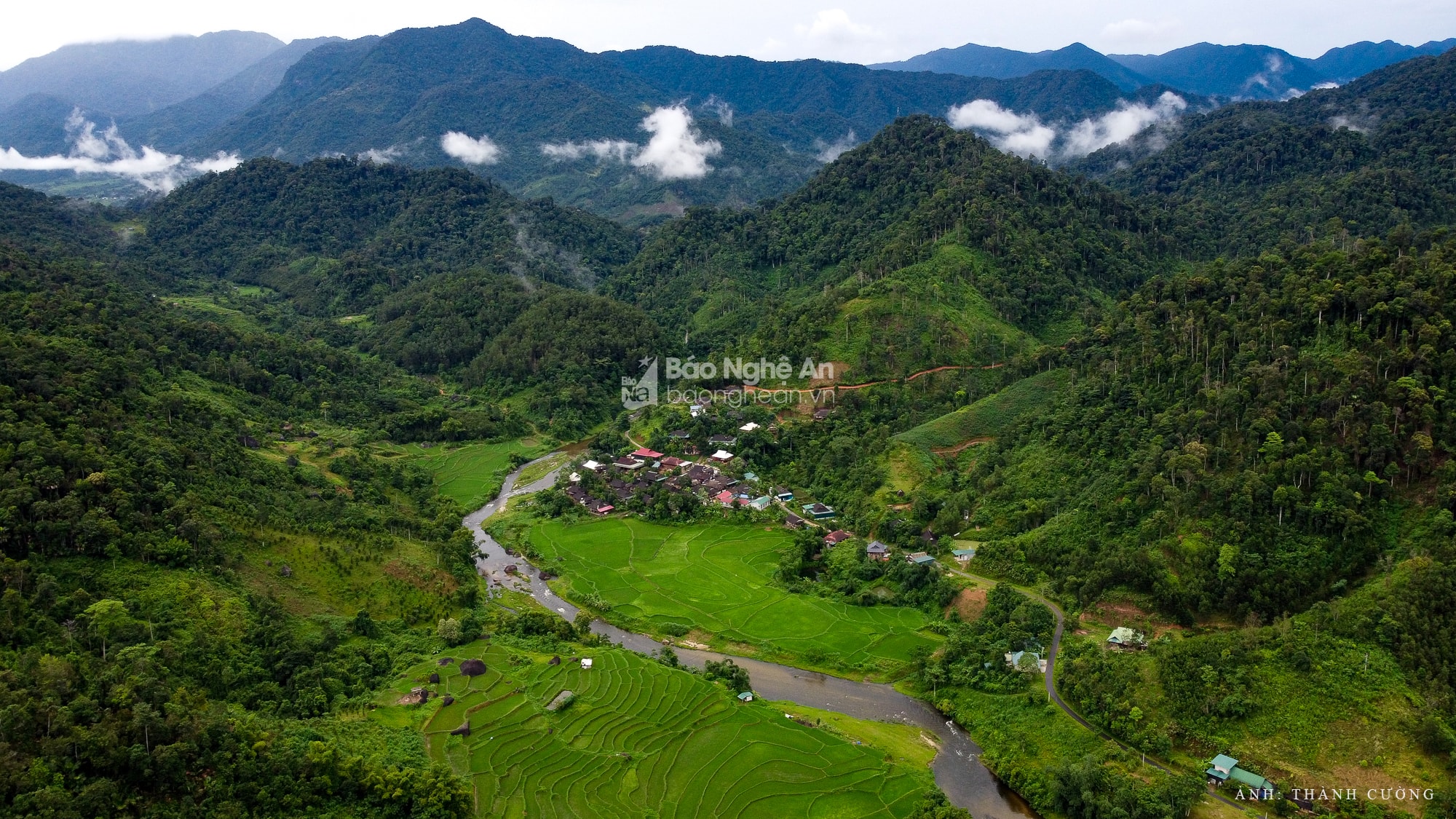

Regarding the development of medicinal herbs under the forest canopy, this is a necessary solution and approach for localities with large areas of forests and mountains like Nghe An. But according to Minister Le Minh Hoan's point of view, we should never think that growing medicinal herbs is aimed at hunger eradication and poverty reduction. "If we think about growing medicinal herbs to alleviate hunger and reduce poverty, our actions will be different. But if we bring people into the ecosystem to do economic activities of medicinal herbs under the forest canopy, we must follow the chain. We must provide the best varieties, support people with the most standard farming process, create many OCOP products, and create many added values" - Minister Le Minh Hoan emphasized.

It is a fact that for a long time, in the minds of the people in the mountainous areas, the forest belongs to the State, the forest management board, the agencies that manage and protect it on behalf of the State. Minister Le Minh Hoan said that this is an incomplete perception. The people living under the forest canopy, next to the forest are the owners of the forest. “The problem is whether we dare to give power to the people, or are we afraid that they will not do well. The reason why the people cannot do it is because of the State agencies, because we do not have faith in the people. I believe that people of all ethnic groups can do it all…” – Minister Le Minh Hoan said.
Under the forest canopy, when given ownership, organized and guided by the State to implement value chains, people will put their national culture into each product and that product has multiple layers of value. It has both tangible and intangible values. The intangible value is the culture of the people, the traditional historical community cohesion of that locality. The market and consumers will buy that product. Each tree has medicinal properties in it, it is food, cosmetics, pharmaceuticals... so, if we think it is simple, its value is low; if we improve it, its value will increase. That value is the income of people under the forest canopy.
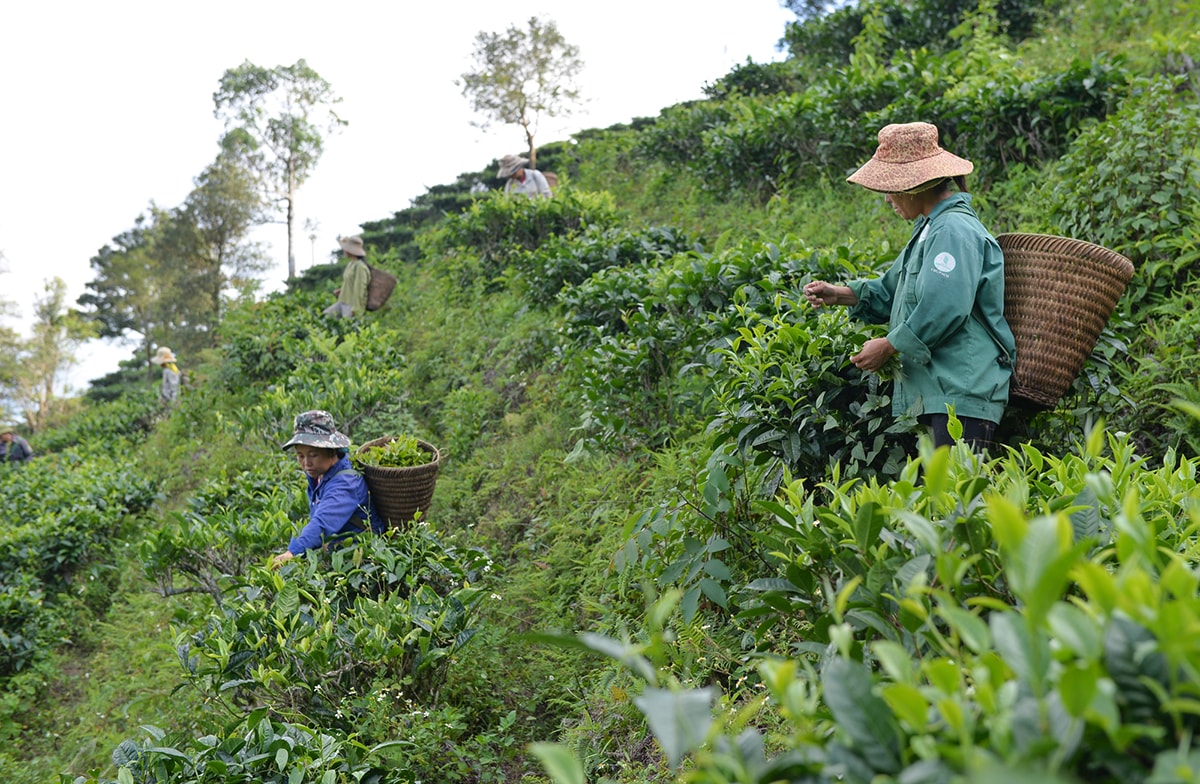

On July 18, 2023, the Politburo issued Resolution No. 39 on the construction and development of Nghe An province to 2030 with a vision to 2045, which set out a criterion: "Developing forests along with the carbon credit market; focusing on developing the production of non-timber forest products, especially medicinal plants"... Minister Le Minh Hoan said that this is a very important document for Nghe An province. However, when implementing, Nghe An must always think of one thing, which is "put people at the center of the process of economic and social development, do not leave anyone behind" as stated in the Resolution of the 13th National Party Congress. Regarding the issue of forest development and biodiversity conservation, “people are the center, not the ecosystem. Only people can preserve forests. On the other hand, we also need to recognize that the ecosystem itself does not need people, but people need that ecosystem” – Minister Le Minh Hoan emphasized.
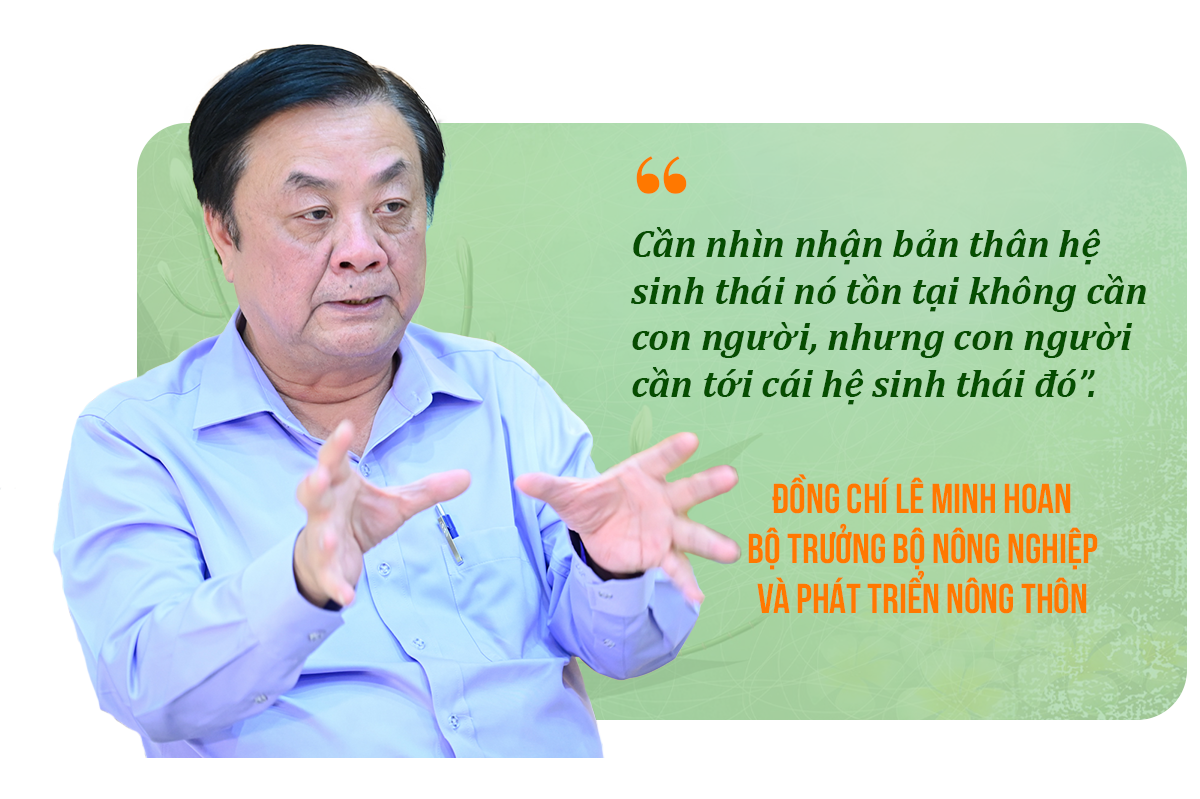
Community structure, community cohesion, community culture, and community historical traditions are an ecosystem. It has many characteristics of local historical traditions, culture, and community structure. Today, the world defines that for a locality to develop, it needs 3 sources of investment capital. First is economic capital, which is resources, forests, fields, rivers, streams, and local budgets...
In addition to economic capital, which is a necessary condition, there is also intangible capital, which is culture and society. These are capital sources associated with a natural ecosystem, in which the human ecosystem is concerned. The people here are the forest rangers, the forest management force and more broadly, the ethnic people who have been attached to the forest for a long time. After that, the State began to plan 3 types of forests. For the people, the forest is very sacred. The origin of the people there, they do not simply think of logging. In fact, the ethnic people living under the forest canopy always have the consciousness to protect the forest, because they believe that there is the watching and protection of their ancestors...
